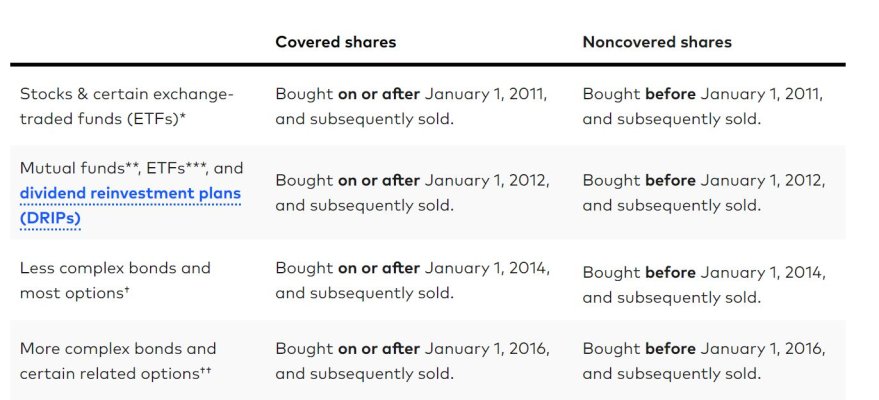Stillwater007
Recycles dryer sheets
- Joined
- Dec 30, 2020
- Messages
- 68
I invested around 10k into a single stock (AMRN) back in Dec 2019. Yes, despite all of the assurances from a family member that he strongly believed the stock would go up by A LOT, it was a RISKY and possibly dumb decision at the time. In hindsight, it definitely was.
So this stock it began to drop soon after I invested in Dec 2019 and then tanked in March 2020. I didn't sell as I wanted to be patient and give it a chance to recover. It really hasn't recovered since as it's been around 25% it's original value. I lost patience and sold about half of my stock back in February 2021. I haven't re-invested what I sold, which may be Mistake #2. I still have half or around $2500 left in the stock and I am ready to bite the bullet and sell all of it.
Is there anything I can do to help with my losses, such as Tax-Loss Harvesting? It sounds like if I can do this, but do I need to invest in something similar to the AMRN stock? If so, what can that be? Quite frankly, I would prefer to re-invest in an index fund if that's allowed to meet the criteria.
Besides Tax-Loss Harvest, is there anything else besides reading up on more Investment Books?
Thanks in advance!
So this stock it began to drop soon after I invested in Dec 2019 and then tanked in March 2020. I didn't sell as I wanted to be patient and give it a chance to recover. It really hasn't recovered since as it's been around 25% it's original value. I lost patience and sold about half of my stock back in February 2021. I haven't re-invested what I sold, which may be Mistake #2. I still have half or around $2500 left in the stock and I am ready to bite the bullet and sell all of it.
Is there anything I can do to help with my losses, such as Tax-Loss Harvesting? It sounds like if I can do this, but do I need to invest in something similar to the AMRN stock? If so, what can that be? Quite frankly, I would prefer to re-invest in an index fund if that's allowed to meet the criteria.
Besides Tax-Loss Harvest, is there anything else besides reading up on more Investment Books?
Thanks in advance!

